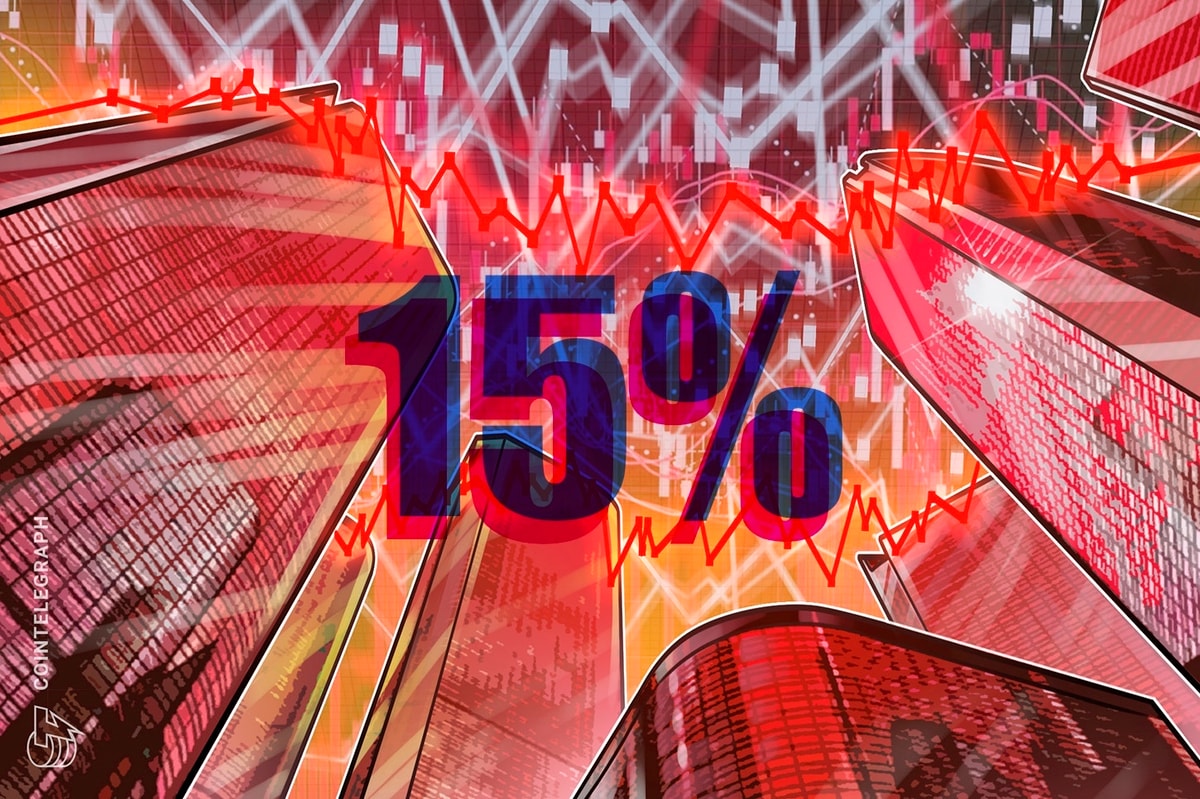
North Korea could pose a threat to countries across Southeast Asia as it looks to exploit cryptocurrency exchanges due to gaps in regulatory frameworks, according to a new report.
The research from the Royal United Services Institute (RUSI) finds that as North Korea continues to circumvent international sanctions, it’s turning its attention to cryptocurrencies such as bitcoin. Due to the proximity of Southeast Asia to North Korea, this makes it vulnerable to the nation’s cryptocurrency activity.
“Since Southeast Asia also features a nascent but burgeoning cryptocurrency industry, local law enforcement agencies will likely require further knowledge and resources to ensure that they can successfully respond to cryptocurrency-related criminal activity over time should the local cryptocurrency industry continue to grow in scale,” the report reads.
Cryptocurrency in Southeast Asia
Specifically, the research evaluates Cambodia, Indonesia, Laos, Malaysia, the Philippines, Singapore, Thailand and Vietnam, with the use of cryptocurrency and the size of its industry varying greatly among them.
In Cambodia, for instance, crypto use is believed to be minimal, with the first exchange applying to operate in the region in August 2018. Yet, in Thailand, three cryptocurrency exchanges were granted licenses to operate at the beginning of this year. As the study notes, BX Thailand is the largest crypto exchange, ranking among the 100 largest globally, with a daily trading volume of around $3 million.
It is countries such as Indonesia, Malaysia and Thailand, which have cryptocurrency exchanges among the top 200 worldwide when it comes to trading volumes and trade worth over $1 million each day, that could prove particularly vulnerable to cyberattacks from the likes of North Korea.
North Korea’s Use of Crypto
North Korea could cash out its cryptocurrencies at exchanges in these countries, relying on the network of users to do so, the research notes.
“Vietnam, for example, has a cryptocurrency user base of over 1 million individual users,” the report says. “Vietnam also ranks among the top five countries globally in terms of the number of online logins to major cryptocurrency exchanges.”
North Korea could also use its overseas financial networks to open accounts at crypto exchanges in Southeast Asia without any links back to it. Over-the-counter trades and peer-to-peer platforms such as LocalBitcoins, Paxful and xCoins — which the study highlights — are also vulnerable to exploitation. This is due to the fact that many peer-to-peer platforms don’t require know-your-customer (KYC) or anti-money laundering (AML) information from their users, allowing an increased degree of anonymity.
However, within the last few weeks, Paxful and LocalBitcoins announced that they have introduced AI-powered identity verification to help improve KYC and AML procedures on their platforms.
Crypto Regulation in Southeast Asia
Just as the use of cryptocurrency and the size of the crypto industry vary among the countries in Southeast Asia, so do their regulatory approaches.
Malaysia requires all crypto platforms operating in the country to declare their business to Bank Negara, Malaysia’s central bank, and to adhere to local AML and counter-terrorist financing (CTF) requirements. The State Bank of Vietnam, on the other hand, has banned bitcoin as a payment method. It has also stopped firms from engaging in crypto-related activities.
Bank Indonesia, the central bank of Indonesia, has also banned the use of cryptocurrencies, yet in 2014 Singapore was one of the first countries to regulate its use.
In Thailand, crypto is viewed legally as “digital assets and digital tokens,” according to the country’s Securities and Exchange Commission (SEC). Exchanges there are also required to adhere to AML/CTF requirements in order to obtain licenses.
While several countries in Southeast Asia have implemented AML, KYC and CTF procedures, not all have extended the local requirements to cover crypto exchanges. But according to the Financial Action Task Force (FATF), a French intergovernmental organization, “countries should use risk assessment exercises to develop appropriate risk-based regulatory frameworks for cryptocurrencies,” the report states. “Where designed and implemented successfully, these frameworks can contribute to curbing North Korean proliferation financing risks.”
It is only with the appropriate frameworks and regulatory responses in place that countries in Southeast Asia can ensure that North Korean activity is subject to regulatory oversight. As the report states, Southeast Asia’s “uncoordinated approaches to the regulation of cryptocurrencies creates a systemic risk such that its growing cryptocurrency industry may be exploited by North Korea and affiliated networks.”










